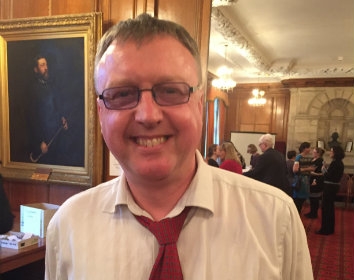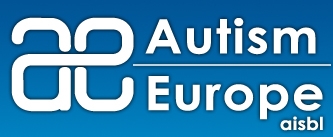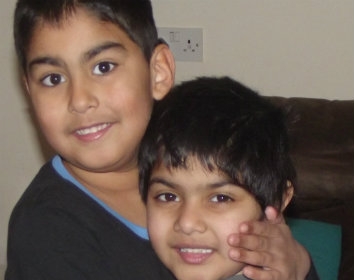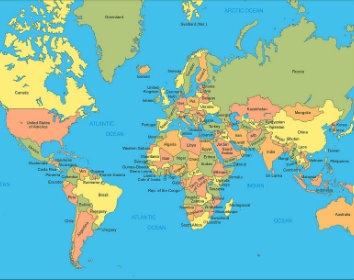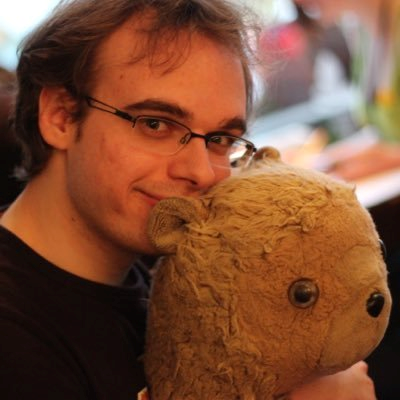Reflections on the Public Services Seminar
Jules Akers, Bananas In The Piano Consultancy
This was a (so far) unique opportunity to inform the direction of research and the general debate on autism at a time when many of the established priorities are being vigorously challenged. As such I felt very privileged to be included. This also turned out to be another opportunity: to tell my story. Few of us get such a forum and I was determined that this chance would not be squandered.
The organisers could not have been more helpful; arranging the hotel, meeting me at the station, consulting an authentic autism group on environmental requirements and generally fostering a welcoming atmosphere. Then the colour badge system indicating willingness to interact. Or not. There was also a clear attitude of equality and inclusion: for example, the young women handing out seminar credentials turned out, on the second day, to be post-doctoral researchers and gave fascinating presentations of their own.
Speaking of credentials, I am a registered mental health nurse and qualified health and social care lecturer and have both looked after autistic people and taught prospective members of the caring professions about the condition. I am in the first year of a doctorate researching an autoethnographic study of autism advocacy and have just started a training consultancy. I have raised two autistic children (and two who are not) and, perhaps most significantly, I am autistic. But back to the event. There was a healthy mix of autistic people, parents, advocates, researchers and professionals (pretty high end – Lead Nurse for Wales among the attendees) and many occupying multiple positions.
The formal seminar took three forms: single and paired presentations, panel discussions and small pre-allocated groups. Not surprisingly the single/paired presentations were focused on the Academic / research community. These were the easiest to deal with as a passive observer and it was an appropriate start to the event to hear Patricia Howlin provide a historical review of autism awareness, epidemiology and the growth of autism as a research subject. Then the panel discussions: these took on a different character and presented the seminar with its main element of controversy and in some ways showed where the fault lines in research and practice exist. Nothing nasty of course, all professional and civilised but the dissonance is there. This was most apparent in the 2nd panel (discussing creative approaches in the context of austerity): it seems there are some who would pursue the current priorities but with a less ambitious outlook and some who are urging an emphasis on nonmedicalised support and acceptance. It was a fascinating and mature exchange and my bet is that is going to be repeated many times at similar events. Then the preallocated small groups. Tough to deal with as an autistic person as they were the most intimate and least structured elements of the seminar but the atmosphere was always convivial and respectful. My knowledge base was very limited in these sessions but I felt my contribution was valued.
And the final thing (not chronologically, it was actually one of the first items in the seminar). It was, as I said before, a welcome opportunity to tell my story through the lens of my autism. Half a century in ten minutes is a bit of a challenge but I managed to cover the difficulties for my parents raising a ‘different’ child in impoverished circumstances, the sequence of disasters that constituted my school years and the inevitable falling out into long term unemployment and periodic homelessness – inevitable due to the new “Triad of Impairments” (No qualifications, no life skills, no self worth) handed to me in my formative years.
But most importantly I did not want my contribution to be a ‘tragic tale’: my life is OK now, better than most on the spectrum; I am not a tragic person. I came to help find solutions and I offered the following:
- Support for breadwinners – give young ‘stay-at-homes’ a break and involve the ‘stay-at-works’ too. Raising an autistic child is no different to any other in that it is a team effort.
- Schools to look out for the kids retreating to the shadows. Model interventions on their needs not the system’s.
- Treat autism bullying and discrimination like homophobia or racism – address the bullies’ behaviour not the victims’.
- Make autism a higher diagnostic option. I was not diagnosed until I was 50! I would not have been homeless if I had been diagnosed at school.
- Promote research into intimate relationships which involve autistic and ‘neurotypical’ people.
- Employment support both to find and stay in employment. It gives you skills, confidence and an income – A Triad of Empowerment!
Final final thing: it was a privilege to share a platform with Sarah, Dani and Alex (the young adults) and to hear about the amazing work they are doing. With people like them fighting our corner we will not hear middle aged autistic people telling the same story as me in the future.
Final final final thing: top scran! (Mancunion for “nice food”. The caterers did us proud.)
Resources and Links

